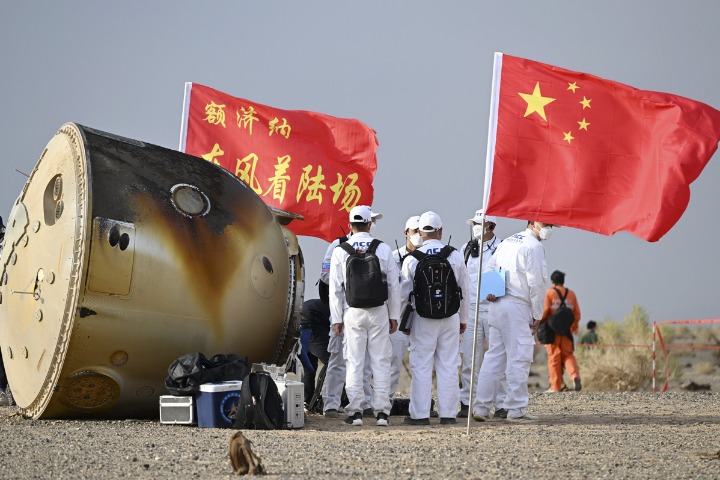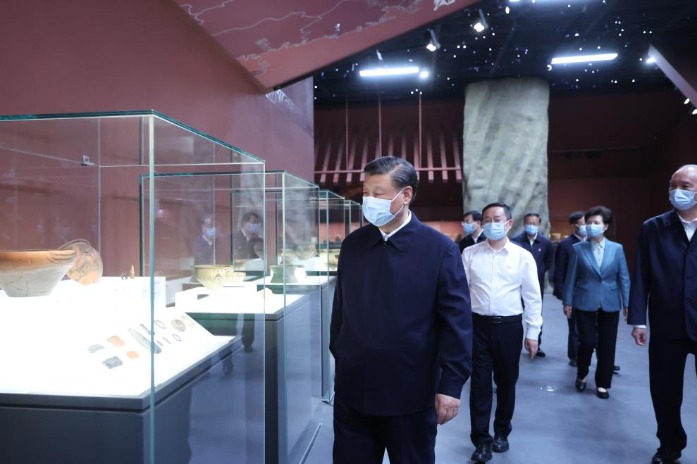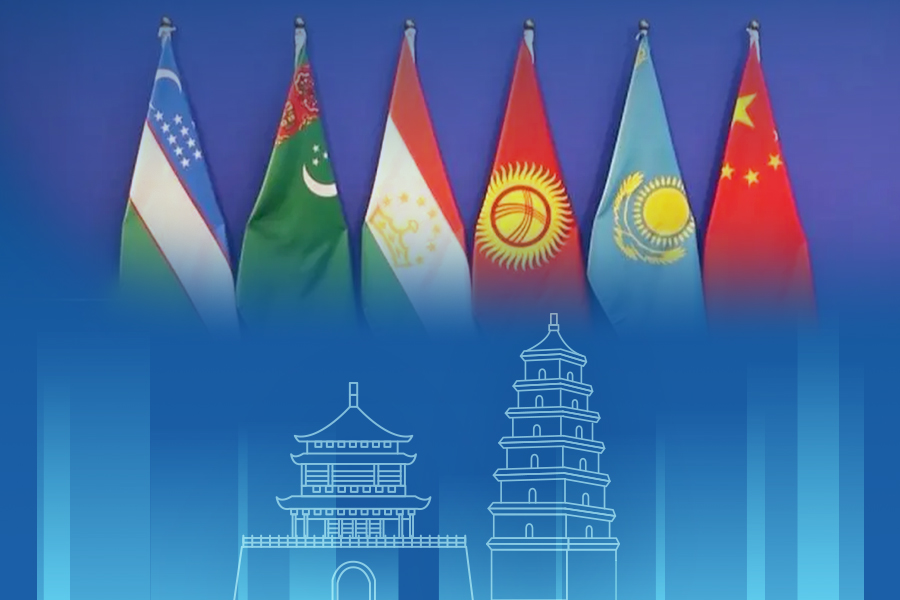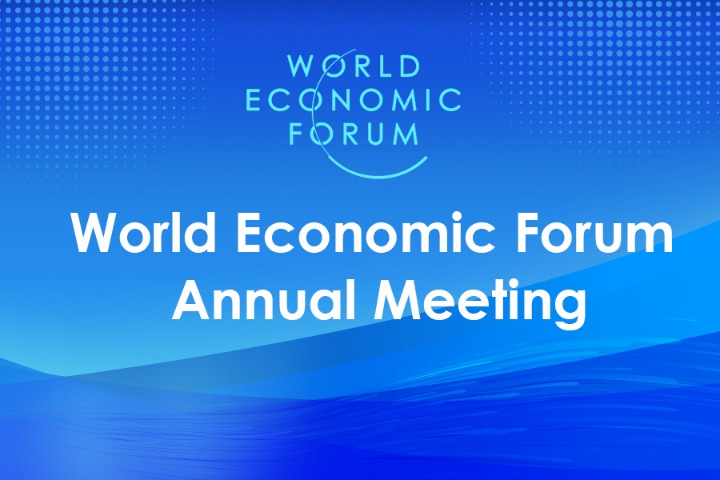EU member countries reach compromise on gas
By CHEN WEIHUA | China Daily | Updated: 2022-12-21 07:03

The European Union has agreed on a natural gas price cap at 180 euros ($190) per megawatt hour after months of debate among member states, but some officials and experts have questioned the impacts of the so-called market correction mechanisms.
Under the agreement by EU energy ministers, trading on Europe's gas exchanges will be capped at 180 euros if that price level is reached for three working days and European wholesale gas prices are, for the same length of time, 35 euros above the global price of liquefied natural gas.
Last month the European Commission proposed a cap of 275 euros.
The new mechanism mostly affects large customers trading on the Dutch Title Transfer Facility, a key virtual trading point for natural gas. On Monday the price of gas on the facility was about 110 euros per megawatt hour. But in August the price reached as high as 340 euros.
The mechanism will take effect on Feb 15 and last for one year and will only apply to month-ahead, three-month and one-year contracts.
The agreement reached on Monday was approved by a qualified majority. Austria and the Netherlands abstained while Hungary opposed. Under the rules, only 15 of the 27 member states representing at least 65 of the population would have to vote in favor.
Germany, which had long opposed a price cap for fear of driving away natural gas suppliers, voted in favor on Monday but sought safeguards to ensure the mechanism could be suspended if the policy led to negative consequences.
"Nobody in Germany is against low gas prices, but we know we have to be very careful not to wish for the good but to do bad," German Economy Minister Robert Habeck said on Monday before the meeting at which the agreement was reached.
Countries including Belgium, Greece, Italy, Poland, Portugal and Spain have long argued for the price gap to protect consumers and businesses to fight soaring prices.
European Commissioner for Energy Kadri Simson said the commission is aware of the plan's possible impact on gas supply and market stability.
The commission "stands ready to suspend, ex-ante, the activation of the mechanism" if a forthcoming report by the European Securities and Markets Authority and the EU Agency for the Cooperation of Energy Regulators, along with analysis by the European Central Bank, "shows that the risks outweigh the benefits", she said on Monday. "The bank has already spoken out about possible risks to market stability."
Kremlin lashes out
Russia harshly criticized the EU agreement. Kremlin spokesman Dmitry Peskov said the decision was unacceptable and a violation of the market process that set prices, Russia's Interfax news agency reported.
Simone Tagliapietra, a senior fellow at the economic think tank Bruegel in Brussels, said Europe's energy crisis is a mismatch in demand and supply balance primarily induced by Russia's gas cut, and to rebalance this out, EU countries need to minimize energy demand and maximize energy supply alternatives.
"This is the only way out of the woods. Not the price cap," he said on Twitter on Monday.
Lion Hirth, a professor at the Hertie School, a private university in Berlin, said in a tweet on Monday: "If we are lucky, the cap will have no effect. If we are less lucky, it will do a lot of harm."
CHEN WEIHUA in Brussels
























